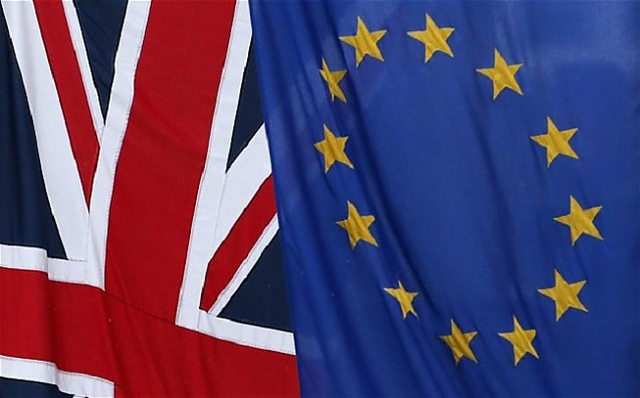On Brexit and the Romanians in Britain
Romania has to make sure that the rights of Romanians working and living in the UK will be further observed even after Brexit

Roxana Vasile, 28.02.2017, 13:15
In Spain there are automatic machines that pick up strawberries while the US has devices that pluck the apples right from the apple trees. Since robots are taking over more and more tasks every day, a British official, cited by The Guardian, has recently suggested that machines could very well replace, after Brexit, the thousands of East-Europeans currently working in Britain.
On the other hand, former British PM John Major has recommended the current head of the government, Theresa May, to approach the Brexit issue “with a little more charm, and a lot less cheap rhetoric”, if she wants an advantageous post-Brexit agreement. And there are more British politicians who have warned the government over this issue.
These politicians do not want workers in the UK to be used as a means of negotiation with Brussels. Also, given the fact that European workers are very important for the city of London, they should be guaranteed the right to stay even after Brexit.
Around 6 hundred thousand workers of London’s 5 million are from other European countries. They build houses, take care of elderly and sick people and provide food and accommodation services. In other words, in case of unsuccessful negotiations, sectors such as tourism, constructions and health risk being on the verge of collapse, as they count on workers from the EU countries. Among them are numerous Romanians.
Bucharest wants to make sure that the Romanians’ rights will be observed even after Brexit, the Social Democrat MEP and head of the European Affairs Committee, Gabriela Cretu, has explained. She has also said that in Romania’s parliament clear limits were set as to accepting changes in attitude and treatment, but that the entire community bloc must hold negotiations with London.
In turn, the Liberal MEP Theodor Stolojan says that the British labor market needs and will continue to need labor force from the EU countries even after Brexit.
Theodor Stolojan: “Britain needs labor force. Britain has around 1.2 million Britons working in other EU countries while it hosts some 3.5 million citizens from other EU member states.”
In conclusion, during the upcoming Brexit negotiations Romania will pay attention to the free circulation of people and the situation of Romanians in Britain. However, people who work in Britain legally have little to fear. On the contrary, the ones benefiting social security services should be worried.






























